The Therapist and the ego
We become therapists because we care about others. Often we follow our chosen path because, in a way, it chooses us; we have direct experience of the therapy or it has helped someone we know and we are naturally drawn to explore it further.
Those of us who are bodyworkers are tactile people, with hands that feel and tune in to the body, intuitively tracking down the core of the problem and facilitating the necessary release. As we train and progress, we start to work with the body at a more advanced level and, as our ability develops, it is worth remembering that our results are often as much about the therapist as the technique, in that we need to be willing to open a part of ourselves in order to connect in the most subtle way.
Working with other people at the highest level requires a focus and a ‘holding of the space’ which will not come naturally to some, because such work challenges our own ability to engage with another person in a space of total trust. Obviously our professional boundaries must be strongly maintained throughout and we need to protect and cleanse our energy constantly but, when we do this, it allows us to be totally present with each person and to give them the utmost help.
Having done all of the above, there is still something that can stand in the way of the most powerful therapist/client relationship; the ego. The ego is that part of ourselves that thinks we are the healers, that we are making someone better, instead of recognising that we are merely catalysts in another person’s self-healing. We have to learn to let go of results and understand that we only constitute one step along someone’s journey to wellness. This is not a failure to take responsibility for our work, but it is an acceptance that the client’s health is ultimately their responsibility, not ours.
This can be a real challenge to the ego. After all, we have studied, trained, practised and we consider ourselves to be good therapists; it is our job to help people get better. Do we have to let go of all of that? The answer is ‘yes’. Be the best you can be, do the best that you can, and then let go.
The ego limits our work in other ways. It is the niggling self-doubt that overrides the intuition. It is the judgement of a client that challenges us in our offering of unconditional love. We don’t want to doubt, judge or be affected by the judgement of others but the ego, unfettered, will ensure that we do.
The ego gets in the way of the really powerful work and once we have experienced the connection that the absence of ego can bring about, we will want to work that way at all times. We also have to constantly vet ourselves because the ego will sneak in unnoticed if we forget to actively put it aside every time we work; we are only human after all!
The life of a therapist is one of continual self-development, of discovering more about ourselves and in so doing improving our understanding of, and empathy with others. It is not an easy path but it is a rewarding one. It is not one that should take us into self-absorption but one which frees us from ego and opens our eyes to others’ needs. As we step out on this road, there need be no fear; after all, what is the worst thing that can happen? Our ‘issues’ surfacing are painful, yes, but once they are gone, they are gone. And how can we help others through the process if we have not experienced it ourselves?
ngness to look at ourselves changes how we deal with others and liberates us. The deeper, more subtle work, the energetic connection between ourselves and our clients, will be enhanced by our openness and we will attract those who need the kind of help we are able to offer.
